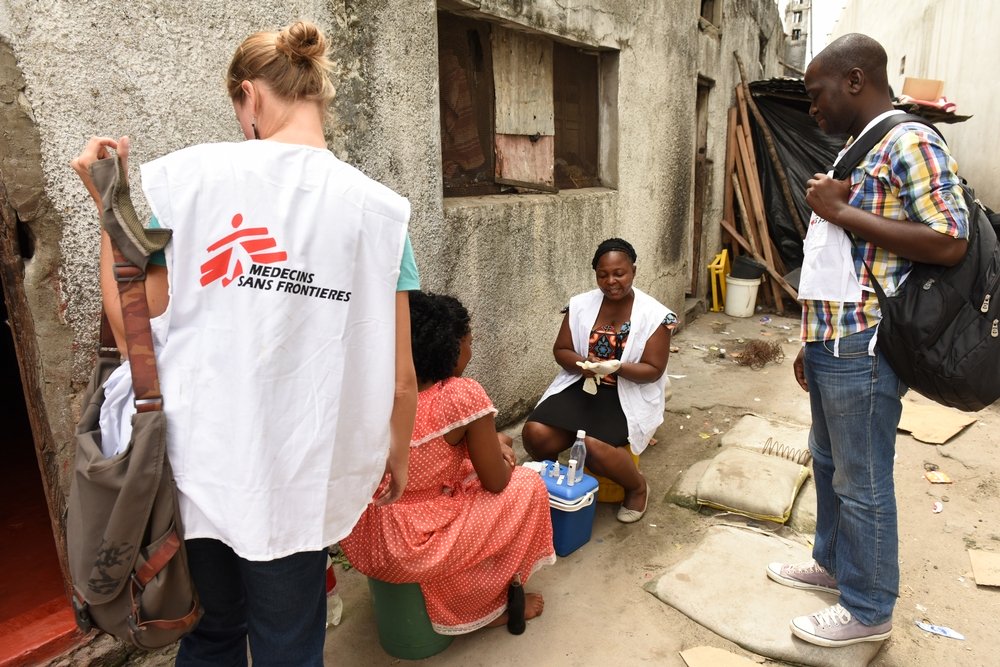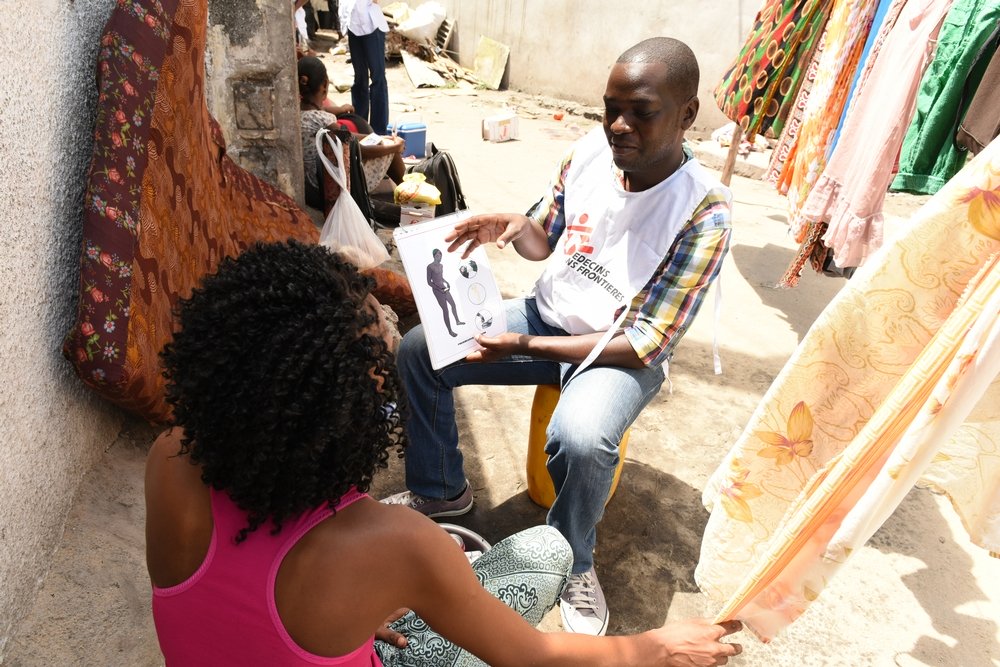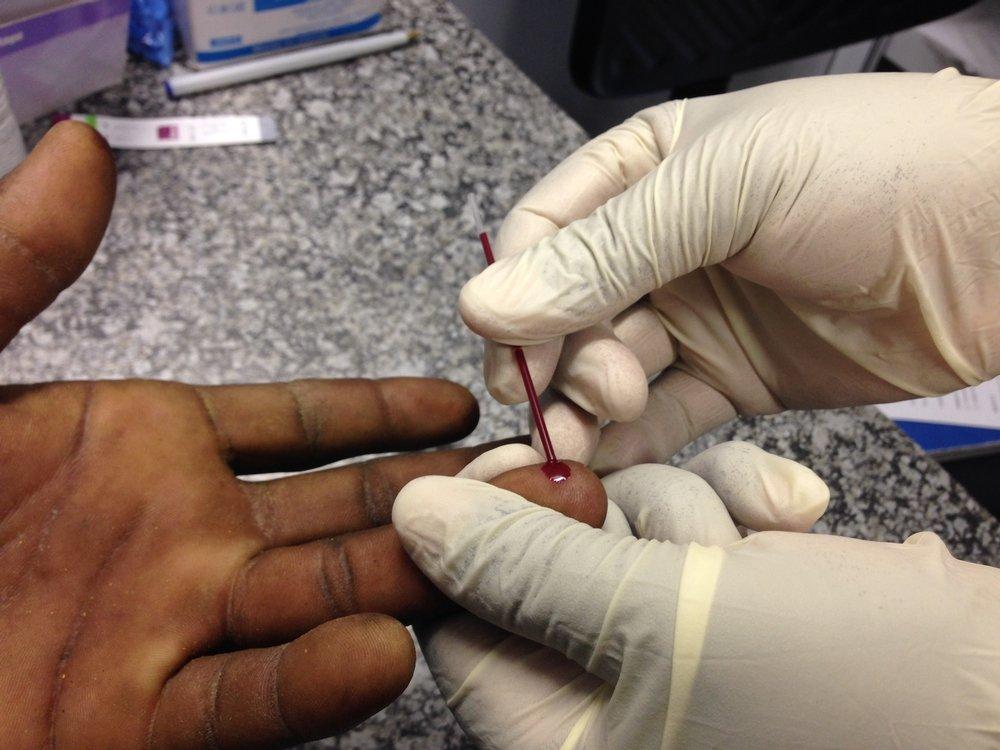
Johannesburg — Programme data from Zimbabwe, Mozambique and South Africa released by the international medical humanitarian organisation Doctors Without Borders (MSF) at the International AIDS Conference shows good adherence outcomes for antiretroviral treatment (ART) strategies that target specific groups—migrants, teenagers and children—that are either hard to reach or retain in care.
lose to the Zimbabwean border in Musina, South Africa, MSF has rolled out mobile primary health care with integrated HIV and TB services to reach the highly-mobile seasonal migrant populations working on 15 farms around Musina.
“It’s a challenge to provide medical care for migrants in this area because they are reluctant to seek care out of fear of their undocumented status being revealed, and also because they regularly leave the farms to go back home to Zimbabwe,” said Tambu Matambo, Medical Coordinator for MSF in Musina, South Africa. “The model that we are implementing shows that it is possible to provide HIV treatment to migrants if you tailor the program to their specific needs.”
After the introduction of the mobile services, the number of people in need that were initiated on ART increased from 51% to 81%. Factors that contributed to this increase are likely patients not needing to pay for transport or to forfeit wages for taking time off work and the introduction of point-of-care CD4 testing. The treatment model also improved adherence, by providing migrants with extra ARV supplies for trips home, and a ‘treatment passport’ record for visits to clinics while at home. Retention in care was 93% at six months and 90% at 12 months. At six and 12 months, there was 90% and 92% virological suppression, which is the same, if not more than in stable contexts.
In Mozambique, MSF has been rolling out a ‘community ART group’ model in Tete Province, whereby community members form groups who take turns each month visiting the clinic for checkups and to get ARV refills for the rest of the group. Latest data shows that retention is 97% among the 5,229 members. This model was expanded to include HIV-positive dependent children. Among 312 children, with a median age of 7, no child was lost to follow up. 18 children died during the median follow-up time of 13 months. Attrition overall was four times lower when compared with the global average for children.
“The community ART group model shows how people are motivated to stick to their treatment when they’re part of a team that looks out for each other,” said Dr. Tom Decroo of MSF in Mozambique. “And now we see that this concept applies to children just the same.”

Adolescents are another group in need of tailored support. In Bulawayo, Zimbabwe, a package of specific activities such as life skills support and income-generating activities rolled out to support adolescents has shown promising results. Between 2004 and 2010, there was a six-fold increase in teenagers being started on ART. In contrast to other research on teenagers, this program has shown better outcomes in adolescents than in adults, with loss to follow up at one year falling to 5% by the end of the study.
“As growing numbers of HIV-positive children live to their teenage years, treatment programs have to roll out a package of interventions dedicated to the needs of this age group,” said Dr. Mary Nyathi, Consultant Paediatrician at Mpilo Hostpital in Zimbabwe. “Keeping in mind the saying that ‘what is done for us, without us, is not for us,’ adolescents must be able to give input into the design and management of these programs for them to be successful.”
MSF provides ART to 220,000 people in 23 countries.
To read the report on getting ART to mobile populations and the reports SPEED UP SCALE-UP and CLOSER TO HOME, visit aids2012.msf.org
Related content
Find out more about MSF's work in Mozambique.
